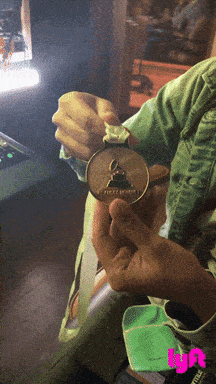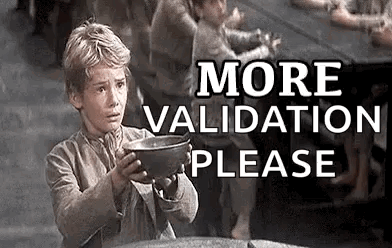Uber Don’t Need to Pay You—They Just Need You to Feel Good
The biggest lie they sold you wasn’t the pay. It was the feeling that you were doing well. The Rideshare says it best "Stop playing the game" I couldn't agree more.

The biggest lie they sold you wasn’t the pay.
It was the feeling that you were doing well.

I came across a video from Rideshare Professor the last day I was online with Uber. I was going over my own numbers, and I’ve got to say—this video stopped me cold. Not because I hadn’t thought it myself, but because he said it out loud, plain and direct: “If your numbers come to $367 after 55 hours of work, and only $132 of that came from Uber—you need to get out of the game.”
He was right. And if you’ve been driving long enough, you know he was.
Here’s the breakdown:
55 hours online.
35 trips.
$132 from Uber.
$234 from tips.
What does that tell you?
Uber didn’t pay you. The customer did. And they only tipped because they had to—because the base fare is a joke.
This is where I had to pause. It wasn’t just about the money. It was about the mindset.

Because if you’re not tracking your earnings—if you’re not looking at base pay versus tips, or calculating your time, mileage, and expenses—then you’re not running a business. You’re just chasing approval.
I know the feeling. You deliver the food hot. You show up early. You get that tip and think: I’m doing alright.
But what you’re actually doing is burning gas, putting miles on your car, and working 55 hours for pocket change—while telling yourself those tips make it worth it. They don’t. They validate you, sure—but they don’t pay for tires. They don’t pay for brakes, oil changes, or time lost.
Rideshare Professor called it what it is: a psychological play. A setup.
Uber figured out that it doesn’t need to pay you well—it just needs to keep you feeling appreciated. Keep you chasing the next five-star rating, the next “thank you,” the next generous tip. That’s not a business model. That’s manipulation.
This isn’t about shame—it’s about clarity.
If you’re okay with working 50+ hours for $132 in base fare, you’re not making money. You’re making excuses. I know because I’ve done it too. I’ve stayed too long, justified too much, told myself the tips made up for it. They didn’t.
The moment I saw that breakdown, I knew I needed to pay closer attention. Because if you’re not crystal clear on your numbers, you don’t know when it’s time to stop. You don’t know what’s working and what’s draining you. And that’s when they’ve got you.
I’m not here to tell you to quit. I’m here to say: pay attention. Track everything. Question everything. And ask yourself the hard thing:
If tips are carrying my earnings—what is Uber really paying me for?
If the answer is “not enough,” then maybe it’s time to rethink the game.
I already have. And now that I see it clearly, I won’t be unseeing it. Not in my numbers. Not in my time. Not in the way I run this business from here on out.
Because clarity isn’t just a wake-up call—it’s a weapon.
That’s why I’m building something for drivers who are done guessing.
An AI-powered assistant that helps you track what matters, see the real picture, and take control of your business—on your terms.
If you're serious about making this work—without playing the game—you’ll want this in your corner.
Built by a driver. Designed for your bottom line.





